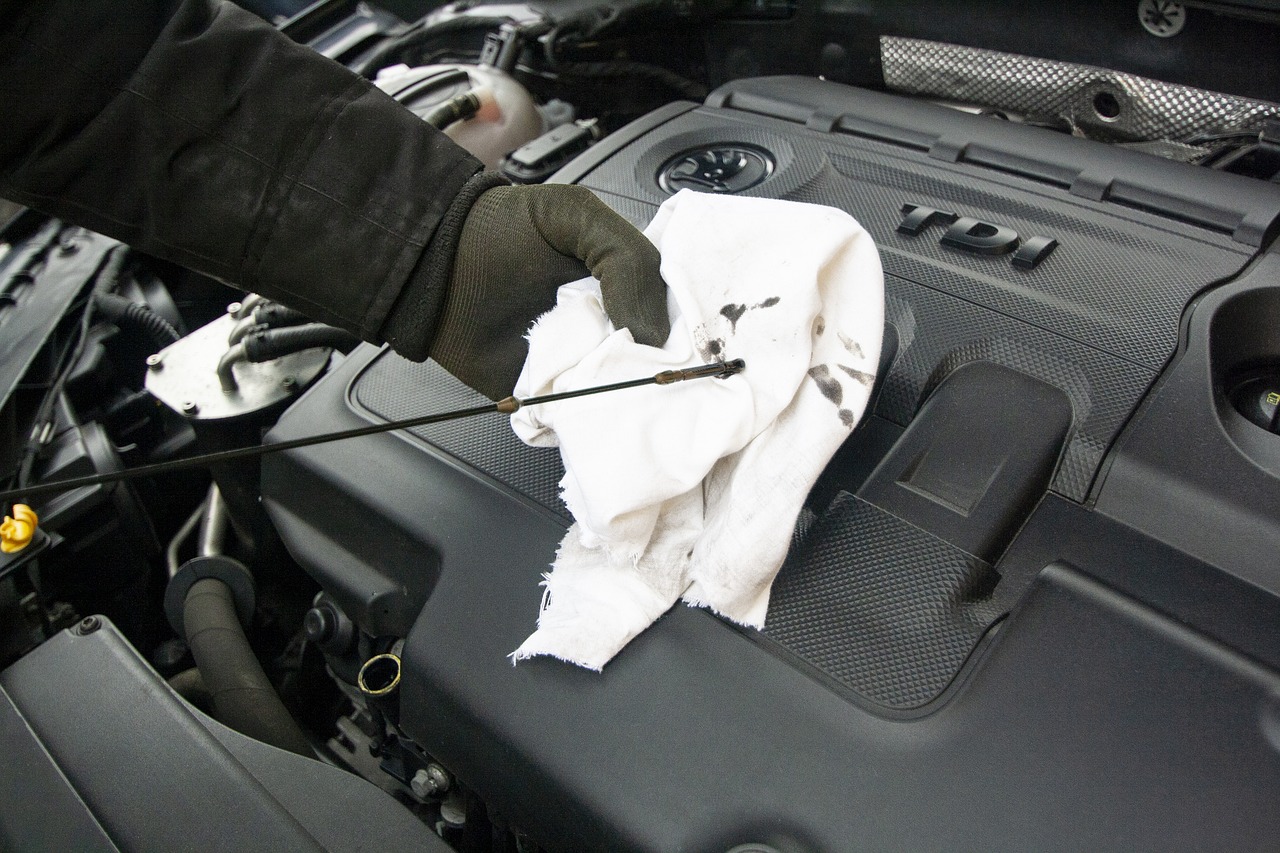The age-old question that every car owner has pondered upon at some point in their lives: “How often should I change my car’s oil?” Just as often as you consider flossing, probably. But wait! Before you take out the crystal ball or start consulting your cat Whiskers on this matter, allow me to enlighten you — with an extra sprinkle of humor.
1. Every 3,000 miles? Or Every Time You Remember It Exists?
If you’re still living in the era of disco balls and flared jeans, you might believe in the golden rule of the 3,000-mile oil change. Sure, back in the day, this was a pretty solid guideline, but cars have evolved. They no longer run on hamster wheels or the sheer willpower of the driver. Today’s engines and the oils that caress them lovingly are more advanced. If your car manual suggests something other than 3,000 miles and you’re still sticking to this prehistoric interval, congratulations! You’ve been voluntarily wasting money, time, and oil. Go you!
The 3,000-mile rule for oil changes is largely outdated due to advances in engine technology and oil formulations. Today, most vehicles can go between 5,000 and 7,500 miles or even more before requiring an oil change, depending on factors such as driving conditions, vehicle age and type, and oil quality.
2. When the Dashboard Lights Up Like a Christmas Tree:
Modern cars come equipped with sensors that light up to notify you about nearly everything. Forgot your seatbelt? There’s a light for that. Left the door slightly ajar? Yup, another light. But when that oil change light turns on, most of us treat it like that one awkward relative at family gatherings — ignoring it and hoping it’ll just go away. Hint: Don’t. Your car’s not trying to have a dance party with its dashboard lights; it’s genuinely trying to tell you something.
3. The Dipstick Divination:
Here’s a thought: you could always check the oil yourself! Dive into the abyss of the engine, pull out that magical wand known as the dipstick, and check the oil’s color and consistency. If it’s darker than your morning coffee or has more particles than your favorite glittery nail polish, it’s a sign from the automotive gods: Change it. But remember, reading the dipstick isn’t like reading tea leaves; don’t overcomplicate it.
4. The Calendar Conundrum:
Driving less doesn’t necessarily give you a free pass on regular maintenance. If your car spends more time in the garage than on the road, you may not hit those mileage markers for a year or even longer. But that doesn’t mean the oil is forever young. Prolonged periods of inactivity can lead to oil degradation, especially if the car isn’t regularly reaching its optimal operating temperature. For these Sunday drivers, it’s wise to consider an annual oil change, even if you haven’t met the mileage threshold. It’s all about keeping things fresh under the hood.
5. The ‘Ear’ly Warning System:
If you’re one of the ‘lucky’ few whose car has started sounding like a disgruntled metal band every time you start it, you might want to check the oil. While a variety of automotive ailments can cause such melodious symphonies, old or low oil is a common culprit.
6. Trust, But Verify: The Manual Mantra
Remember that thick book collecting dust in your glovebox? No, it’s not the sequel to “War and Peace”; it’s your car’s owner’s manual. Manufacturers pour years of research into those pages. Sure, it’s not a gripping novel, but it will tell you exactly when and how often you should change your oil. Shockingly, they probably know more about your car than that guy from the internet who swears by monthly oil changes because he did it once in 1973 and it “felt right.”
7. The Sneaky City Driving Conundrum:
You might think: “Hey, I’m just popping to the store and back, surely that doesn’t count as heavy-duty driving.” Wrong! Short trips, especially in cold weather, can be tougher on your engine than you think. The engine doesn’t get hot enough to evaporate any moisture in the system, leading to potential sludge. So, if your car life is a series of small errands, consider that ‘severe service’ and check your oil more frequently. Yes, your car is basically telling you that adulting is hard.
8. Playing the Long Game: Synthetic Oils
If you’ve upgraded to synthetic oil, first of all, well done for making your engine feel like it’s at a 5-star spa. Synthetic oils can withstand higher temperatures and last longer. So, you could, in theory, extend the time between oil changes. But again, no guessing games; refer to the aforementioned dusty manual.
9. Your Mechanic is Your Friend (Usually):
Having a trusted mechanic is like having a trusted barber: invaluable. They can give you personalized advice based on your driving habits and the peculiar quirks of your car. Of course, if they’re suggesting oil changes every 1,000 miles, it might be time to re-evaluate the “trusted” part.
10. Listen to Your Car:
Cars have a language. No, they don’t whisper sweet nothings or discuss existential life questions, but they do communicate. If your vehicle is louder, feels sluggish, or there’s a noticeable decrease in fuel efficiency, it might be subtly hinting (or loudly protesting) that an oil change is due.
In Conclusion:
Treating your car’s oil change like an afterthought is like watering a plant with soda; sure, you’re technically doing something, but it’s probably not helping. Stay proactive. Respect the signals, both from the dashboard and the ominous sounds emerging from beneath the hood. And when in doubt? Change the oil. It’s a small price to pay for the continued love and loyalty of your trusty four-wheeled companion.
Remember: Oil’s well that ends well!



